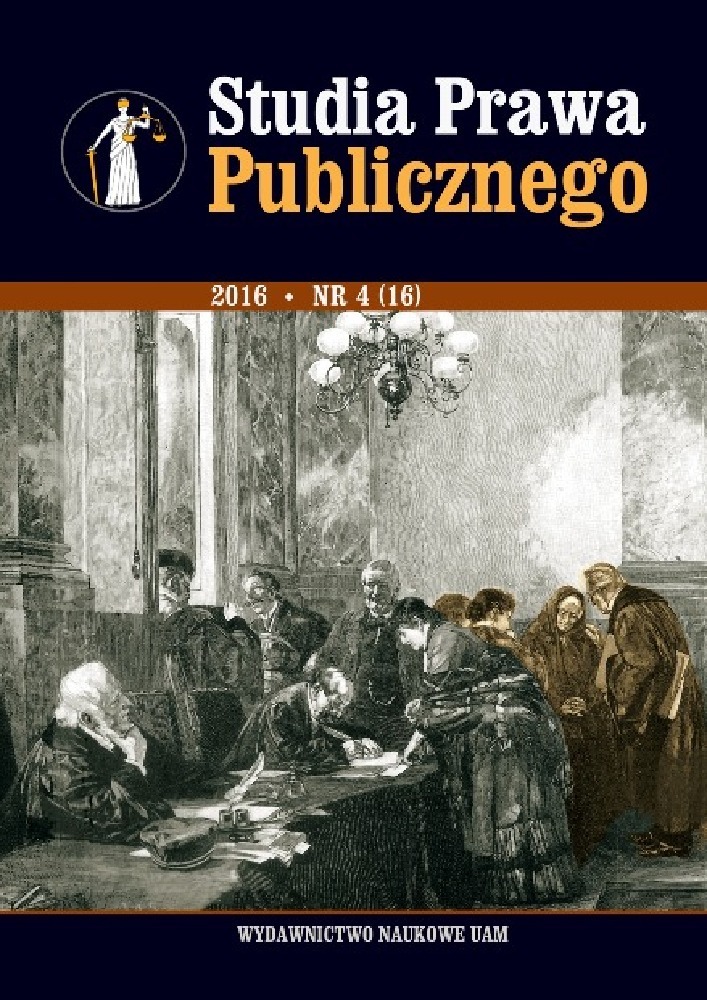Abstrakt
A higher academic degree that could be earned in the Polish People’s Republic was that of a doctor of a given branch of science (until 1951) or a doctor of science (1951–1958). These degrees were conferred pursuant to diff erent legislative acts of varying importance including an act of parliament, a decree, an order, a regulation or a statute, all of them governing the regime and the functioning of schools of higher education and other establishments of tertiary education. While the legal provisions applicable to the conferral of academic degrees were relatively stable in the intitial postwar years (and were subject to the same law binding in 1924–1952 with only minor amendments), the law adopted in 1951 introduced more revolutionary changes. Based on the Soviet model, they virtually broke with the Polish tradition of higher academic degrees.
During the analysed period, alongside the reforms in the conferral of degrees, also the requirements and conditions for candidates for a higher academic degree were changing. Likewise, organs participating in the process, operating within the organisational structures of the establishments as well as those outside their structures, were a subject to change. Hence an attempt in this article to answer the following questions: (1) for whom was the right to register candidates for a doctor’s degree reserved, (2) what was the level of participation of the central organs in the process, and what was the level of involvement of the establishments of higher education and other scientifi c institutions (as of 1951), (3) who could apply for registration and what were the regulations governing the whole process, and whether (4) the communist regulations governing the process of the conferral of academic degrees actually added to their importance and the academic advancement or rather acted to the contrary.
An important element in the analysis was identifi cation of the legally formulated and applied requirements which doctoral dissertations had to meet, as well as examination of the grades or evaluations given by reviewers of doctoral dissertations in years 1945–1951 and 1952- 1958.
Licencja
Prawa autorskie (c) 2019 Krystyna Wojtczak

Utwór dostępny jest na licencji Creative Commons Uznanie autorstwa – Użycie niekomercyjne – Bez utworów zależnych 4.0 Międzynarodowe.
